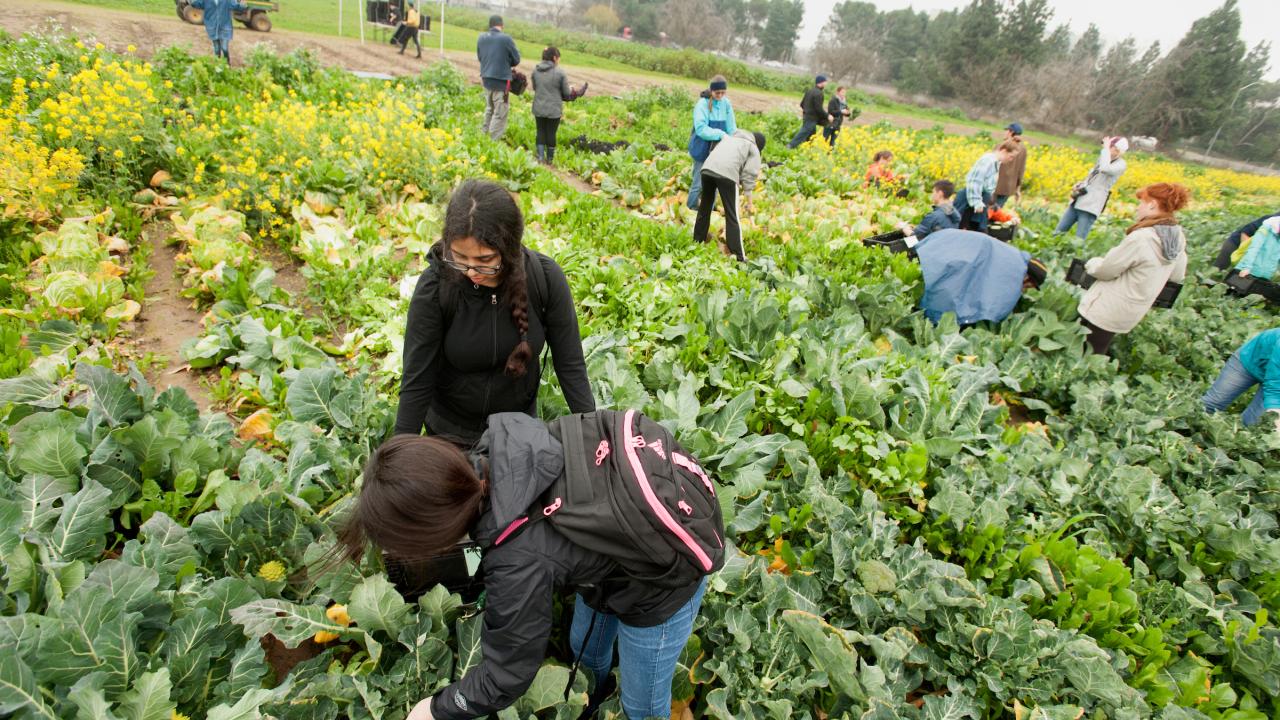Reprinted from The Conversation.
The big idea
Students who are the first in their family to attend college tend to see it as a means to improve their personal lives and as an opportunity for social mobility. That contrasts with the main message students get from policymakers and universities that largely emphasize career growth.
This is the main finding from interviews we conducted with 21 undergraduate students at the University of California, Davis interested in education as a possible career. Eleven of the students were first generation. The rest were what we call continuing education students; that is, people whose parents went to college. They were all either sophomores, juniors or seniors.
Our aim was to understand how first-generation students view the role of higher education in their lives and in society.
Students tend to hear from parents, educators and policymakers that a college degree should mainly be thought of as a ticket to a better career path.
But in the interviews, we found that students weigh many goals when pursuing a college degree – ones that frequently shifted from primarily social mobility to other, broader goals. These include professional development, learning for the sake of intellectual growth, pursuing careers with a purpose beyond earning potential, and contributing to society.
Most of the first-generation students we interviewed focused on social justice efforts like giving back to their communities and disrupting systemic inequities.
For example, one student majoring in Chicana and Chicano studies and minoring in education said that even though teachers do not make a lot of money, her college education will allow her to help kids in low-income communities.
Students whose parents went to college typically said they see education as a way to help them become better citizens and critical thinkers.
Why it matters
For over a century, scholars and policymakers have debated the purposes of college.
Increasingly, these conversations have emphasized social mobility, viewed as a private benefit, along with a combination of public goals, such as training workers and preparing citizens. Surveys show that more students are entering college to make more money, compared with the 1960s, when students sought a higher education for more holistic reasons, such as seeking a meaningful purpose in life.
Other scholars suggest that students have not fundamentally changed in what they expect. Rather, they say the way that colleges are funded has changed, with more of the cost falling on students and their families.
Our study confirms that some students still seek purpose above financial wealth.
What still isn’t known
Our study may not reflect the views of students with other career interests or areas of study beyond education. Most of the first-generation students were also Latina or Latino. The perspectives of first-generation peers from other racial backgrounds may differ.
Also, we only captured students’ views at one point in time. Their thoughts about their college education and what they hope to gain from it may continue to evolve, even after they graduate and enter the workforce.
What’s next
In future studies, we plan to explore students’ expectations about what a college education provides at different points of their studies. We also will consider how students’ goals may differ by their major or the type of institutions they attend. As more institutions seek ways to best support first-generation students, understanding what students expect and value from college, and throughout college, remains important to examine further.
The authors, all from UC Davis: Marcela G. Cuellar, associate professor of higher education leadership, School of Education; Alicia Bencomo Garcia, Ph.D. candidate in education; and Kem Saichaie, director of learning and teaching, Center for Educational Effectiveness.
